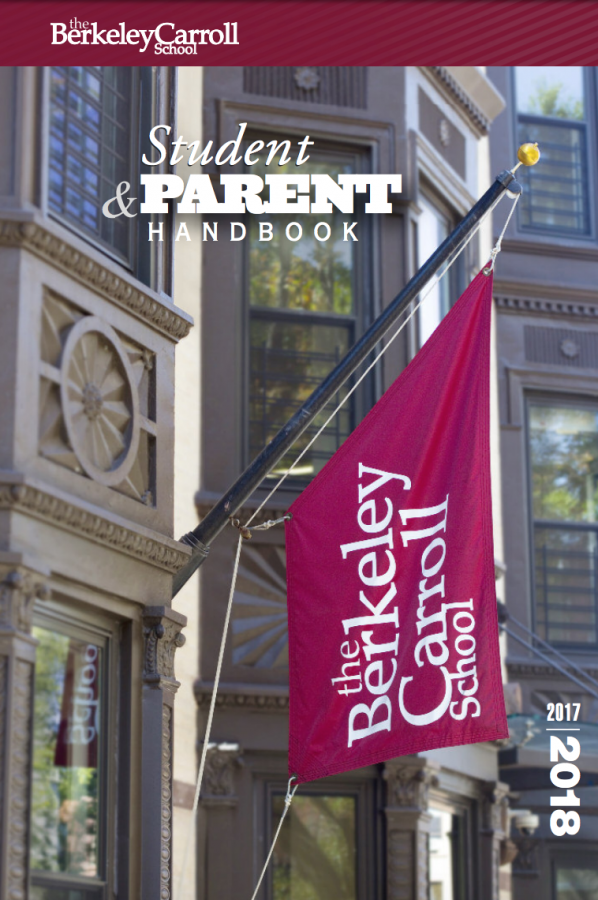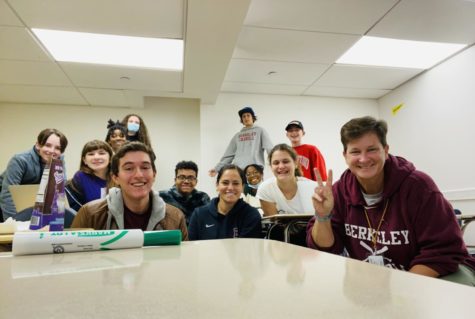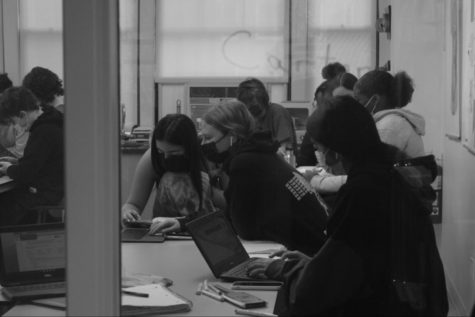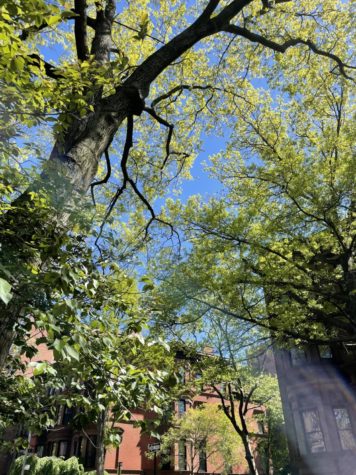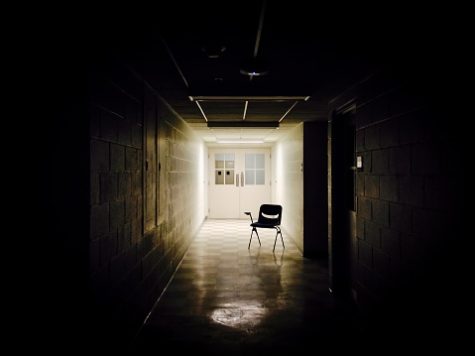Religious Holiday Policy
Berkeley Carroll has rolled out a new religious holiday policy that will transform the way students and teachers interact over days missed due to celebrating holidays not recognized by the school. The policy, found under the Absence and Attendance Policy section of the student teacher handbook on page 49 says:
“Student and Faculty Statement of Responsibility Regarding Religious Observance: Teachers may not penalize students who have missed school for religious observance or to attend a religious function. Additionally, teachers should provide an opportunity for students to take tests at a different time if they are unable to take a test on the assigned day. All assignments must be handed in and all assessments completed by the day after the student returns (unless otherwise agreed upon) — i.e. if a student misses on a Wednesday, assignments and assessments are due Friday. However, the burden does not fall exclusively on the teachers: students may take an extra day to turn in assignments ONLY if the holiday they are observing inhibits completion of work (lengthy service, fasting, etc.). If students abuse this privilege, the assignment will receive no or partial credit. Students are expected to inform teachers a week in advance, and to fill out the anticipated absence form, if they are missing class for religious observance and, if necessary, to schedule time to meet with teachers in order to catch up on missed lessons. Regular late penalties will be assigned for any student work not completed in accordance with the above schedule.”
Below are the transcripts of two conversations I had with a current student and member of the Berkeley Carroll faculty:
Mosab H. ‘19
Amber: How did you come to the conclusion that this policy was necessary?
Mosab:Ale (Ale G. ‘17) and I perused the policy on religious holidays to be more accommodating to students like myself who are religious minorities here at BC. We figured that having a policy in place that put equal responsibility in the hands of students and teachers alike to work around religious events would be an effective way of doing so.
Amber: How do you hope this policy will benefit the BC community?
Mosab: In this way, not only would students be able to observe religious holidays, but it would strengthen the push for dialogue between students and teachers. And not only that, but the policy would reinforce BC’s push for student accountability in terms of time management, giving students the responsibility of planning ahead and scheduling any assessment retakes or homework extensions. So far, the policy has been a success!
Jane Moore, Dean of students
Amber: What was the process of writing the policy?
Moore: The new policy was created and proposed to the US Faculty by the Executive Council. Ale Getzel and Mosab Hamid presented it to the faculty last spring and the faculty agreed with the proposal. So it is not something that was done by me, though I encouraged the Executive Council to pursue it.
Amber: How do you think this policy will affect the BC community, for the better or the worse?
Moore: The hope is that the policy will help students feel comfortable advocating for themselves and also emphasize that such advocating needs to be with some advance notice, so teachers can also make reasonable plans.

